At Shawsheen Animal Hospital, we provide cat and dog vaccinations for pets in the Tewksbury area. Prevention is the best way to protect your pets from serious illness or disease transmitted by parasites. Our team can recommend and administer vaccinations for puppies and kittens and adult dogs and cats according to their age and vaccination history.
Not sure if your pet is up to date on their vaccinations? Call Shawsheen Animal Hospital to schedule an appointment today!
The Importance of Vaccinating Your Pet
Having your pet vaccinated can protect them from potentially fatal diseases such as rabies, distemper, feline leukemia, and Lyme disease. Some diseases can be passed on to your human family as well, so it’s very important to ensure your pet is up to date on their vaccinations. We recommend adult pets receive vaccinations once a year to maximize protection, however each pet’s vaccination schedule is tailored to their individual needs and lifestyle.
Vaccinations We Offer
In the veterinary industry, there are two kinds of vaccines: core and non-core. Core vaccinations are required for all pets and typically protect against serious disease that can be passed to humans. Non-core vaccinations are optional vaccines we recommend based on each pet’s lifestyle.
Below are the dog and cat vaccinations we offer:

Dog Core Vaccinations
DAPP
Rabies
Dog Non-Core Vaccinations
Bordetella
Leptospirosis
LYME
INFLUENZA
Cat Core Vaccinations
Rabies
FeLV
FVRCP
This is our “feline distemper” vaccine which protects against a wide variety of highly contagious diseases. We recommend cats receive a booster vaccination every three years.
Cat Non-Core Vaccinations
FVRCP
This is our “feline distemper” vaccine which protects against a wide variety of highly contagious diseases. We recommend cats receive a booster vaccination every three years.




